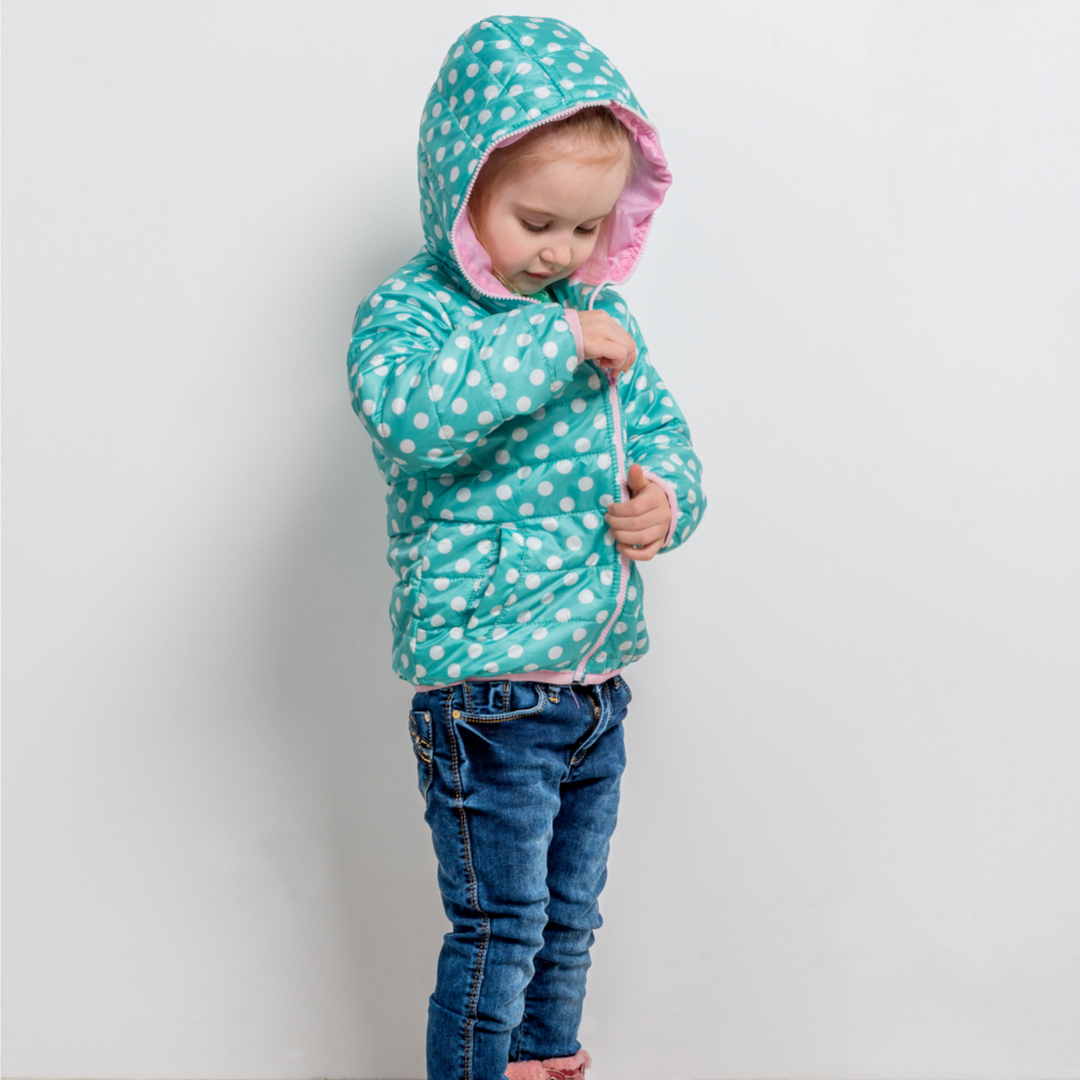
Mastering Buttons and Zippers: How Occupational Therapy in Bondi Junction and Mascot Can Help Your Child
Learning to use buttons and zippers is a significant milestone for young children, and these skills contribute to their growing independence. Mastering buttons and zippers not only boosts their confidence but also enhances their fine motor skills and hand-eye coordination. In our Occupational Therapy clinics in Bondi Junction and Mascot, helping children develop these abilities is a common and crucial part of therapy. Let’s explore how children develop these essential self-care skills and how parents can support their progress at home.
Why Buttons and Zippers Matter
Mastering buttons and zippers is essential for developing independence in dressing, which in turn fosters self-confidence. These skills also play a role in improving a child’s fine motor skills, strengthening the small muscles in their hands and fingers. Fine motor development is important for tasks like writing, drawing, and manipulating small objects, all of which are crucial for school readiness and everyday life.
Developmental Stages for Buttons and Zippers
Here’s a typical timeline for how children develop buttoning and zipping skills:
- Early Curiosity (1-2 Years):
- At around one year old, children begin to explore buttons and zippers, tugging at them out of curiosity.
- With help, they can start to pull zippers up and down or push buttons through holes.
- Improved Control (2-3 Years):
- By age two, children can zip and unzip jackets with some help starting the zipper.
- They might also begin to unbutton large buttons with increasing independence.
- Gaining Independence (3-4 Years):
- By age three, many children can zip their jackets independently and handle large buttons on their own.
- They may still need help with starting the zipper or managing smaller buttons.
- Mastery (4-5 Years):
- By age four or five, most children can fully zip and button their clothes on their own, including smaller and more complex fastenings.
How Parents and Caregivers Can Support Development
Parents play an essential role in helping their children practice buttoning and zipping skills. Here are some strategies to help your child master these skills:
1. Encourage Play-Based Practice:
- Dress-Up Games: Let your child practice using buttons and zippers through fun, dress-up activities. Provide clothing with larger, easier-to-manage buttons and zippers to start.
- Button and Zipper Boards: You can create or purchase button and zipper boards. These boards offer a fun, low-pressure way to practice the skills.
2. Break Tasks into Small Steps:
- Simplify the Process: For zippers, help them start the zipper, then let them finish by pulling it up themselves. For buttons, encourage them to push the button halfway through, then complete the process.
- Demonstrate Slowly: Show the steps clearly, using simple language to explain each action.
3. Use Daily Routines for Practice:
- Morning and Evening Routines: Use getting dressed or ready for bed as a natural opportunity for your child to practice their buttoning and zipping skills.
- Patience and Encouragement: Celebrate small successes and offer praise for their efforts, even when they struggle.
4. Choose the Right Clothing:
- Start Simple: Opt for clothes with larger, easier-to-use buttons and zippers. Over time, gradually introduce more challenging fastenings.
- Adaptive Clothes: Look for clothes with adaptive features such as large zipper pulls or elastic button loops, making it easier for your child to practice.
Activities to Build Fine Motor Skills
Fine motor development is critical for buttoning and zipping, and there are many fun activities to strengthen these skills. Here are a few examples:
- Playdough Play: Encourage your child to roll, squeeze, and pinch playdough to build hand strength.
- Threading Beads: Stringing beads is an excellent way to improve hand-eye coordination and finger strength.
- Puzzles and Crafts: Provide simple puzzles and craft activities that require your child to manipulate small objects, enhancing their fine motor control.
Recognising Challenges
If your child struggles with buttons and zippers more than their peers, it could indicate challenges with fine motor skills or motor planning. In these cases, consulting with a professional may be beneficial. At our Bondi Junction and Mascot Occupational Therapy clinics, we frequently assess and address these developmental delays, offering targeted strategies and support for children who need extra help.
Conclusion
Helping your child master buttons and zippers is an important step towards independence. By understanding the stages of development and providing supportive, fun practice opportunities, you can help your child develop these skills. Be patient, offer encouragement, and celebrate every achievement. With time and practice, your child will not only learn to manage buttons and zippers but also gain confidence and independence in their daily routine.
We’re Here to Support You
At OneOnOne Children’s Therapy, we are committed to helping every child reach their full potential. Our Occupational Therapists in Bondi Junction and Mascot work with children to develop fine motor skills, helping them achieve greater independence in everyday tasks.
Reach Out for Support
If you’re concerned about your child’s ability to use buttons and zippers or would like to learn more about how Occupational Therapy can support your child’s development, contact OneOnOne Children’s Therapy. Our Occupational Therapists are AHPRA registered.
Call our Bondi Junction and Mascot clinics at (02) 80657837 or send us an email. You can book a free 30-minute consultation to discuss how we can support your child’s unique journey. We are a multidisciplinary team of Occupational Therapists, Speech Pathologists, and Certified ESDM Therapists, serving Sydney’s Eastern suburbs, including Bondi Junction and Mascot.
